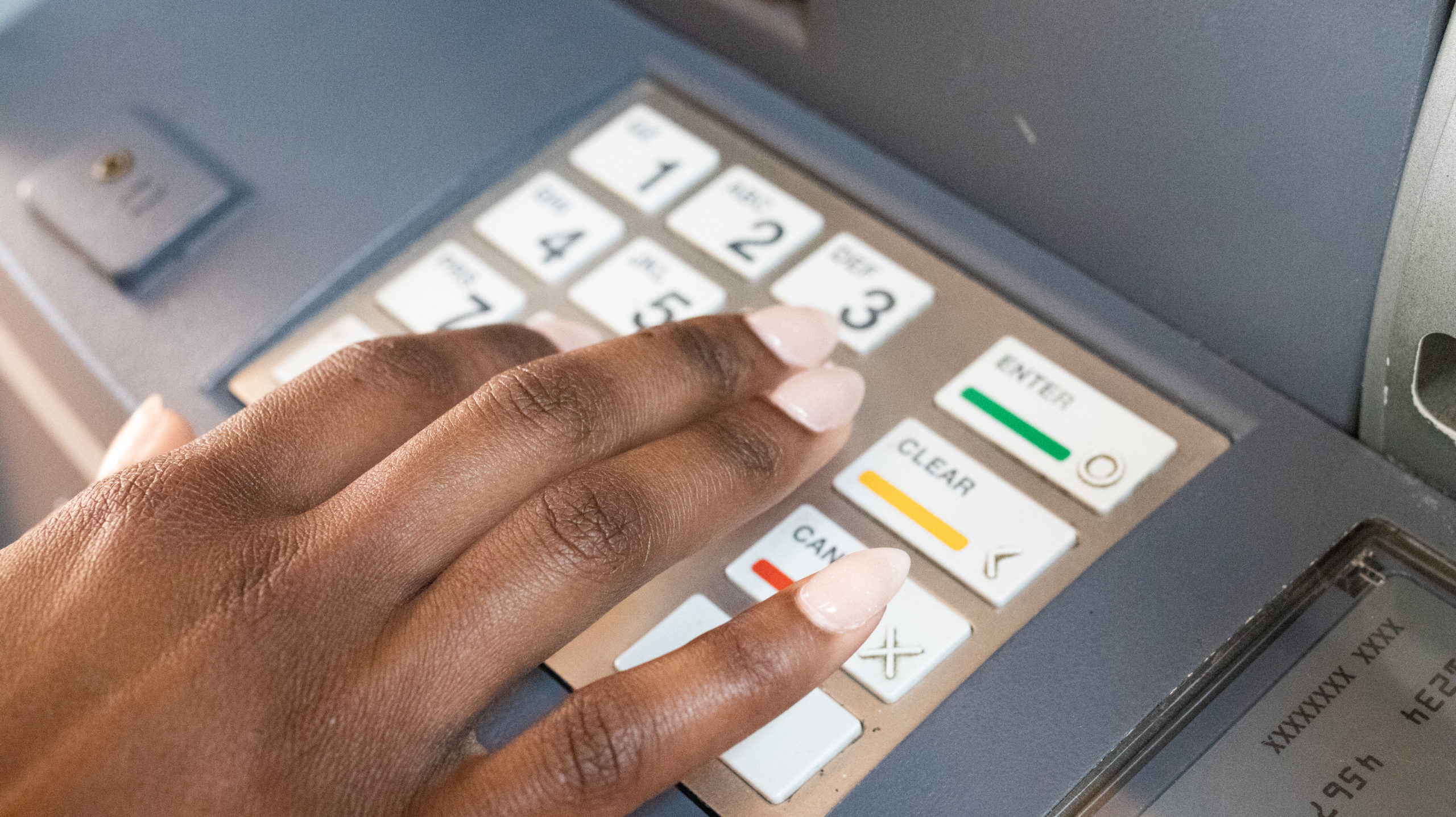While the use of paper checks has greatly diminished, thieves still view them as a source for stealing revenue. In fact, the Financial Crimes Enforcement Network warns that many thieves are returning to old-fashioned financial theft like check kiting. That’s one reason why the U.S. Postal Service urges us to not send checks through the mail, where they may be vulnerable.
“Check kiting” is a type of check fraud to be aware of. It relies on “float time.” That’s the period of delay between when a check is deposited in a bank and when the bank collects the related funds. In recent years, float time has narrowed, but it hasn’t disappeared. Unethical employees can use float time to falsely inflate an account balance, allowing checks that would otherwise bounce to clear. This type of crime usually involves multiple banks or multiple accounts in the same bank.
Strategies for Thwarting Check Fraud
Here are five strategies you can implement to keep people from using your company’s accounts for fraudulent activity, including check kiting.
1. Educate employees about bank fraud. Teach them to recognize fraudulent transactions and related red flags. Workers who are aware of suspicious activities can bolster management’s commitment to preventing fraud.
2. Rotate key accounting roles. Segregate accounting duties. By rotating tasks among staffers, if possible, you can help uncover ongoing schemes and limit opportunities to steal.
3. Reconcile bank accounts daily. Make sure someone trustworthy, who isn’t involved in issuing payments, reconciles every company bank account.
4. Maintain control of paper checks. Store blank checks in a locked cabinet or safe and periodically inventory the blank check stock. Also limit who’s allowed to order new checks.
5. Go digital. The most effective way to prevent check fraud is to stop using paper checks altogether. Consider replacing them with ACH payments or another form of electronic payments.
Tighten Up
The bottom line is, it’s a mistake to assume that check fraud is too old-fashioned to attract the attention of thieves.
Vigilance in your banking processes can help thwart it. For help tightening your internal controls, contact the office.
408-252-1800
Photo by NappyStudio from Freerange Stock

